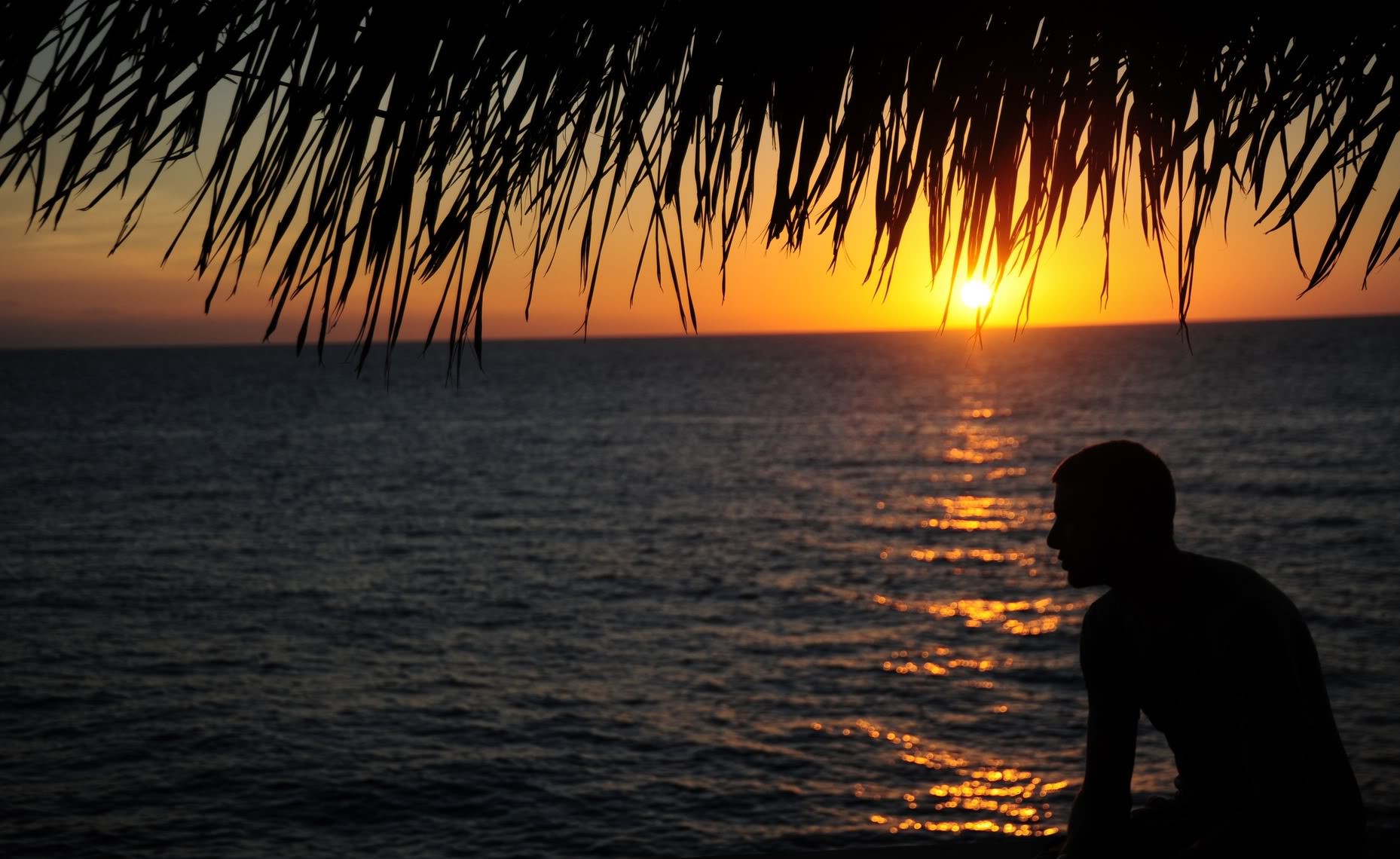Throughout the years of working with CWM, there were moments I welcomed with unfettered joy – my arrivals in Jamaica. My work involves travel, sometimes spanning several days. I have had the privilege of visiting several countries and been enriched by their citizens. But nothing gives me greater satisfaction as the moment the wheels of the aircraft touch down in Jamaica. I suspect others share my joy because it is common practice for passengers on these flights to erupt into applause when the wheels hit the tarmac.
I recalled those feelings as I read the desperate pleas of my country men and women who want to come home to Jamaica. The problem is our borders are closed by the Government of Jamaica in order to protect public health. Having resided outside of Jamaica for some years, I have always been smugly assured that I can choose to enter my own country whenever I want. Such assurance is even more meaningful when I consider the twists and turns of visa application processes and requests to remain in some of the countries I chose to visit. Coming home is simply a matter of getting on a plane, passport in hand and walking through the open doors to immigration and customs. Not anymore. COVID 19 has changed that. So, I have great empathy for Jamaicans who are away from their homeland and unable to return because the borders are closed.
The cries of the community in exile in Psalm 137: 1-4 are haunting, “By the rivers of Babylon, where we sat down, there we wept, when we remembered Zion”. The circumstances leading to the exile of the Israelites are not the same for my country men and women who want to return home. However, the emotional posture of sadness in these circumstances coincide with the picture of despair I imagine as the COVID 19 ‘exiles’ remember Zion/Jamaica. These are men and women who long for the place to which they belong, where memories, family, and friendship beckon. I imagine them saying, “How can we sing the Lord’s songs in a strange land? How can we be happy, be content, be patient, at ease in a land not our own while we wait?”
This situation is made worse by the acts of discrimination against the ‘foreigner’ in places around the world. How might the communities of faith in the CWM family re-position the church to relate to the ‘foreigner’ in their midst?
Many of us have never been in a strange land other than on vacation or work assignment where the time to return home is planned and known. Perhaps we could spare a thought, prayer and do some work to help those who are lonely, despondent, longing for home? They may feel unable to sing the Lord’s song. How can we incarnate hope for them in their circumstances?
The principle of hospitality which we esteem in CWM summons us to welcome another and extend open arms to those who are not near their homes. Perhaps acts of kindness and advocacy could help students and migrant workers to know they are not alone. Such a response confronts the inclination to selfish, xenophobic exclusive behaviour which denies resources being shared with those who look and sound different.
Could outreach initiatives seek to understand the ‘foreigner’s’ peculiar challenges rather than simply offering a package based on our preferences? Could our acts of fellowship celebrate the culture of the ‘foreigner’ rather than requiring them to conform to the practices of the place of ‘exile’?
We have within us God’s creative genes which can be employed to devise strategies and initiatives to respond to the needs of the ‘brothers and sisters from another mother’ as they yearn to go home.


